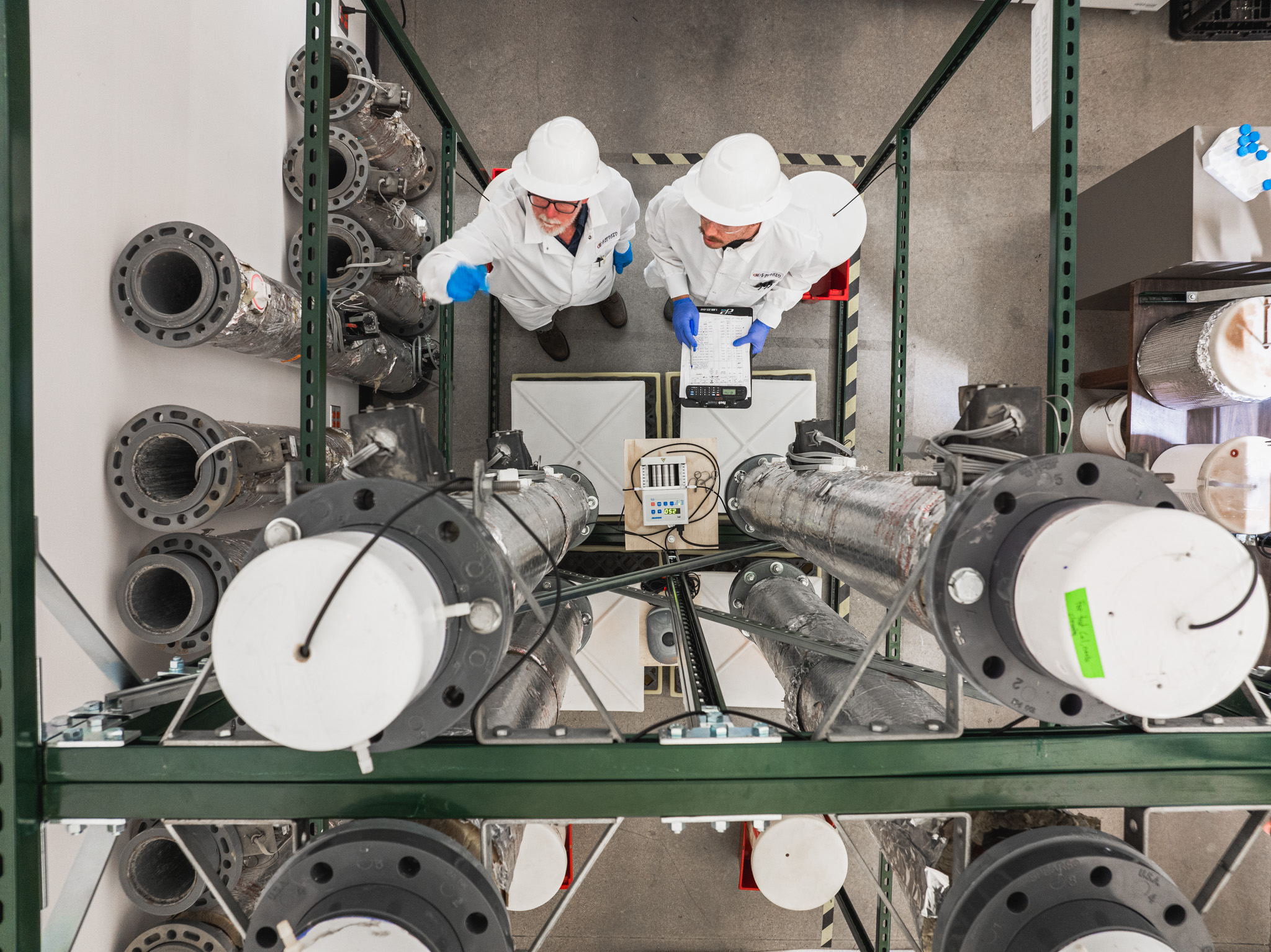Technology is accelerating.
But humans are not.
With more developments in science, innovation exponentiates. Yet, society hesitates to embrace it (reference: Martec’s Law) even when it has shown miracles, proven the impossible possible, and allowed us to shift paradigms to become a much more civilized and sophisticated species. As a whole, we are still ignorant of it, because we lack imagination and willingness to do more.
What makes Deep Tech difficult?
We have more problems than we have ambitious people solving them. And a lot of what we have today is because of the bold pioneers and daring contrarians, yet incremental change comforts us. Instead of building for just tomorrow, we need to build for decades beyond the horizon, the future that we can’t see yet.

YOU can help us go beyond tech — and into Deep Tech.
What is Deep Tech?
Deep Tech is the pinnacle of challenge in innovation. It is a classification of organizations tackling the hardest problems with technological solutions that require substantial scientific development and engineering. It is an ultimate test of our mental fortitude, to engage in what isn’t easy but hard. Because the largest problems require deep solutions.
Why Deep Tech? Why now?
Amidst the ongoing pandemic, here are a few events that you may have missed,
- A vaccine for the disease was designed in 2 days.
- An algorithm solved the protein folding problem which had remained unsolved for 50 years.
- A new civilian supersonic aircraft was rolled out, 52 years after the last one.
- A private company launched astronauts into space for the first time.
These are but four examples from a plethora of amazing feats we accomplished as a society during an extremely challenging year. Before they reached these milestones that redefined the edge of possibility, these pioneers were video game designers, career scientists who spent decades in research organizations, software entrepreneurs working in online payments, and advertisements.
What’s interesting is that, based on their backgrounds, you could not have predicted that the people responsible for these world-changing accomplishments would have gone on to do what they did. And that is the sign of a new wave of innovation.
When this happened 20 years ago with the advent of the desktop computer and the internet, era-defining companies like Amazon and Google were born. Jeff Bezos left a hedge fund to start an online book store. Sergey Brin dropped out of Stanford to start a company that organized the world’s information online.
We believe this is happening again. The democratization of knowledge, access to computational power on demand, the dropping price of enabling scientific equipment, and the shortening of design-build-test-learn cycles in the hardest of scientific disciplines are creating the perfect conditions for a new generation of pioneers and trailblazers to build on the revolution in the world of bits and launch a revolution in the world of atoms.
The pioneers of tomorrow will come from everywhere –
- from within and outside of traditional academic institutions,
- located within and outside of the world’s usual tech hubs,
- they may or may not have traditional, relevant work experience or credentials,
- they may be much younger or much older than we expect them to be
The only rule, perhaps, is that there are no rules anymore.
What can we do?
It starts by enriching the community. Enhancing the ecosystem with more: Founders, Scientists, Engineers, Operators, Advisors, Inventors, and Creatives that want to help construct a frontier future.
We have to embrace this new wave of pioneers and empower them with everything they need to succeed. The On Deck way is to build a “campus in the cloud” open to anyone with an unbridled desire to push the limits of possibility.
However, the task is not that simple, making a consequential impact requires a lot of time and a lot of support. The ambitious ones working on these projects are out there, but we have to pull them from their independent silos. We need to galvanize more people into building Deep Tech!
Who’s galvanizing the people?
So far, I’ve witnessed some great Deep Tech communities (like Altum and Hard Tech Miami) but for the first time, we have a program completely dedicated to nurturing the ecosystem.
The On Deck Deep Tech Fellowship (ODDT).
On Deck is launching a fellowship for a community of bright and ambitious people to come together to build, join, and advise the next generation of Deep Tech startups.
Programming is remote-first and includes deep dives with industry experts and academia, startup demo days with select angel investors and VCs, and workshops covering the fundamentals of Deep Tech entrepreneurship in the sectors of life sciences, energy, manufacturing, space, hardware, and machine learning.
To stay informed about the climate industry explore our latest climate news.
Who are the founding fellows and mentors of ODDT?
Life Sciences: Alexis Rovner (64xBio), Jake Becraft (Strand Tx), Justin Kolbeck (Wildtype), Ben Kamens (Spring Discovery)
Energy: Peter Lobaccaro (Dept of Energy), Adrienne Little (Google X), Nuno Pereira (Holy Grail)
Manufacturing: Dhash (Radix), Alex Appelbe (Metis Labs), Dival Banerjee (VueCason)
Space: Keenan Johnson (SpaceX), Kartik Kumar (Sat Search), Adam Obrusnik (PlasmaSolve)
Hardware: Hayk Martiros (Skydio), Ralf Schonherr (Neatleaf), Michael Dubrovsky (SiPhox)
Machine Learning: Sharon Zhou (Stanford), Emma Qian (DeepMind), Abhishek Kar (Google), Arvind Neelakantan (OpenAI)
Program details:
- Apply: https://www.beondeck.com/deeptech ( time < 15 minutes)
- Application Deadline: Rolling admission, final deadline is October 2nd, 2021
- Contact: [email protected]
- Reduced pricing for academics with scholarships available








